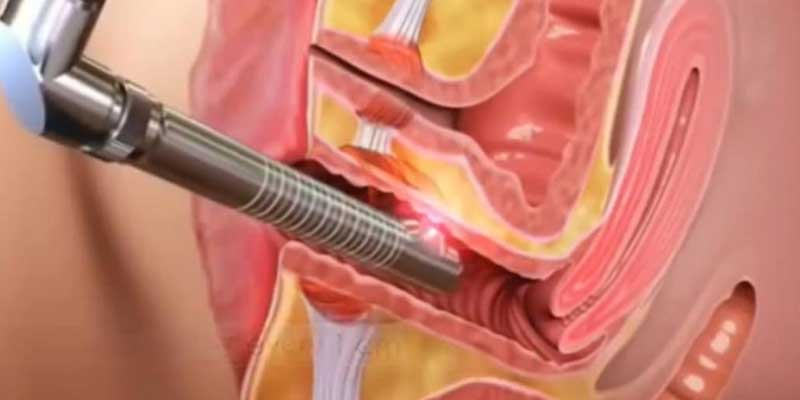
The urgent and frequent need for urination is referred to as urine incontinence. The medical definition of urinary incontinence is the accidental loss of urine. This is mainly the result of the inability to detain the urine because of the loss of control over the sphincters. One of the significant causes is an overactive bladder. The muscle of the wall of your bladder contracts involuntarily, which results in the urgency to urinate. One of the major causes of this problem is an overactive bladder. It affects people on a psychological and social level.
1.Behavioral Therapy:
Bladder Training:Techniques to increase the interval between urination and reduce urgency and frequency.
Pelvic Floor Exercises: Also known as Kegel exercises, these strengthen the pelvic floor muscles to improve bladder control.
2.Medications:
Anticholinergics:Help calm an overactive bladder and reduce urge incontinence.
Topical Estrogen: Applied to the vaginal area to help strengthen the muscles and tissues around the urethra.
3.Medical Devices:
Urethral Inserts:Disposable devices inserted into the urethra to prevent leakage during activities.
Pessary: A vaginal device that supports the bladder and helps reduce stress incontinence.
4.Minimally Invasive Procedures:
Bulking Agents:Injections into the urethral tissue to help close the bladder opening and reduce leakage.
Botox Injections: Injections into the bladder muscle to reduce involuntary contractions and treat urge incontinence.
5.Surgical Options:
Sling Procedures:Using a mesh or the patient’s own tissue to create a sling around the urethra for support and to prevent leakage.
Bladder Neck Suspension: A surgical procedure to lift and support the bladder neck and urethra.
Alleviates symptoms of urinary incontinence, improving quality of life.
Provides a range of treatment options from non-invasive to surgical interventions.
Personalized treatment plans tailored to each patient's specific condition and needs.
After treatment, Dr. Manchanda and her team will provide detailed instructions on post-treatment care, including activity restrictions, medication management, and follow-up appointments. Patients will receive guidance on lifestyle changes and exercises to support long-term bladder health.
2024 Dr. Prabhjot Manchanda Designed and Developed by EDM